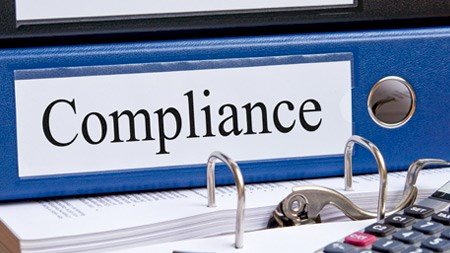A Certificate of Compliance (COC) is a document that verifies that the electrical installations such as the plugs, lights, DBboard, geyser and wiring in a home comply with the legislated requirements as detailed in the Occupational Health and Safety Act.
“Prior to May last year, when these regulations were updated, a COC remained valid indefinitely and could be transferred with no limitations, unless changes were made to the electrical installations. This meant that sellers could merely provide the purchaser with the COC received when the seller originally bought the property, provided no changes were made,” explains Adrian Goslett, CEO of RE/MAX of Southern Africa.
To protect the buyer, a clause was often included in the Offer to Purchase, requiring a ‘current’ COC to be provided by the seller. The term ‘current’ as used in the Offer to Purchase often stipulated that the COC may not be older than three months, provided no changes had been made to the electrical installations during the previous three months. As such, the obligation to provide a ‘current’ COC was a contractual one stipulated in the Offer to Purchase, rather than a statutory obligation, since the law did not prescribe any timeframe.
“Last year the regulations in this regard were amended and now only an Electrical Certificate of Compliance (ECOC) issued within the last two years will be considered valid, provided no changes had been made to the electrical installations during this time. Thus, unless agreed to in the Offer to Purchase as a condition of sale, the buyer no longer has a right to demand a “current” ECOC and, if the buyer does insist thereon, it will be for the buyer’s account,” explains Goslett.
The new regulations also demand that the electrician issuing the ECOC must register with the relevant authorities annually, not once-off as was previously the case.
“Sellers should therefore ensure that the electrician used is correctly registered with the Electrical Contracting Board of South Africa and the Department of Labour, by requesting to see the contractor’s registration card and accreditation certificate. This is particularly important in light of the fact that electricians no longer have to guarantee the electrical system is in working order, but only that it is safe, and the new requirement that a test certificate must accompany the ECOC,” says Goslett.
The conveyancer would obtain the original ECOC from the seller before registration. This means that the seller must get a certified electrician to inspect the electrical installations, if the ECOC in the seller’s possession is older than two years or if any changes had been made to the electrical installations during this time. An ECOC that is not older than two years, if no changes were made to the electrical installation during this time, is freely transferable. If any alterations or additions were made, the owner must obtain a certificate of compliance for at least the addition or alteration.
Since an ECOC cannot be amended, if the property is to be transferred to a new owner and any work has been done on the electrical system, a new ECOC must be issued at a cost of around R600 upwards, even if certificates of compliance for additions or alterations were obtained.
If any repairs are required before an ECOC can be issued, the seller would need to affect and pay for these repairs to obtain the ECOC.
Where a seller disagrees with a registered electrician regarding the compliance of the electrical system to the regulations, the seller can dispute the findings with the Chief Inspector.
The seller should not incur any significant costs if the electrical installation has been maintained and if a valid certificate of compliance for at least the additions or alterations was issued by any person who undertook electrical work at the premises. However, since many banks insist on a copy of the ECOC before a home loan is registered, and the conveyancer cannot proceed with the registration of the transfer without a valid ECOC, sellers should be aware that this issue can delay the transfer process.
“Purchasers on the other hand, should instruct the conveyancer to furnish them with the original ECOC after registration since the legislation requires a property owner to be able to produce a valid certificate of compliance on request to an inspector,” he concludes.



